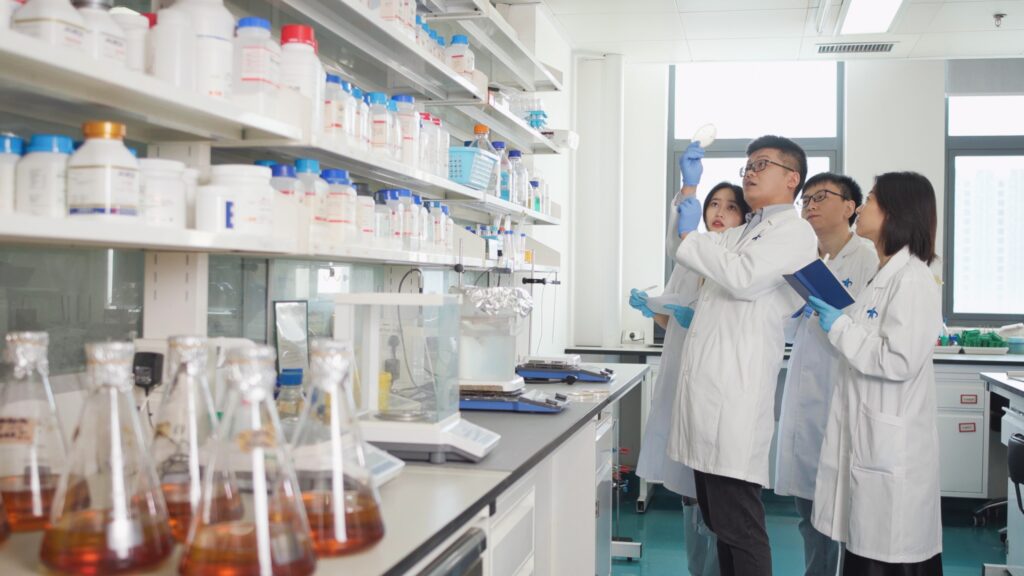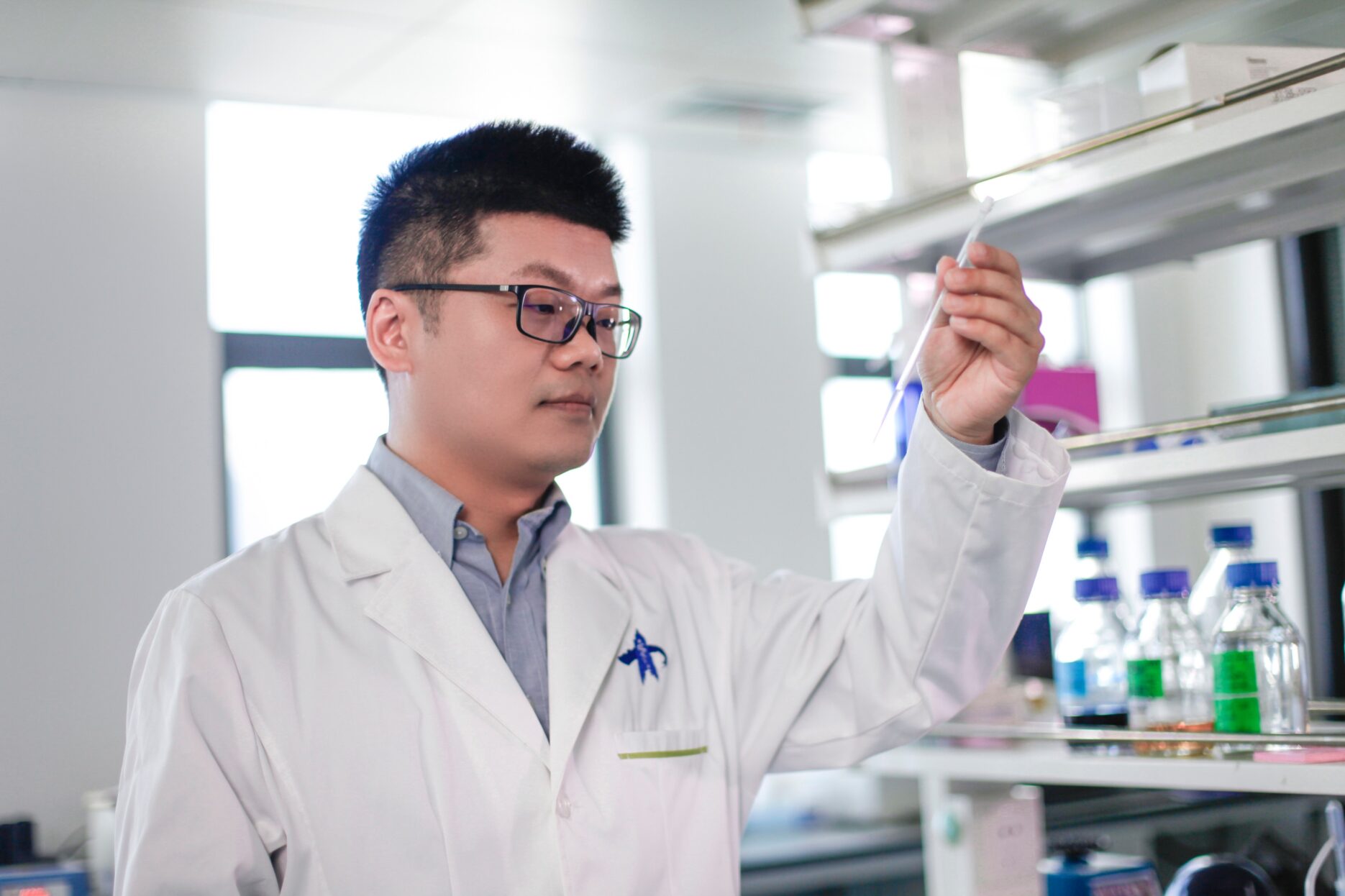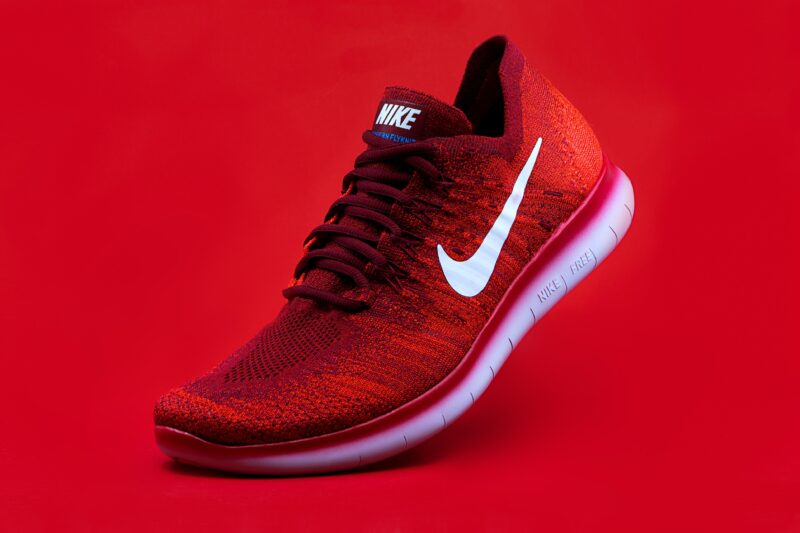On September 19, Huawei announced its technological contribution of its AI-assisted drug design service to the discovery of a new antimicrobial drug, known as Drug X.
Currently, pharmaceutical companies all over the globe are urgently seeking to strengthen their investment in antibiotics development. However, high costs and long development cycles prevent them from doing so. In fact, from development to approval, it typically takes over $1 billion and 10 years to introduce a new drug to the market.

Therefore, Huawei Cloud’s AI-Aided Drug Design Service powered by the Pangu Drug Model provides a solution to this issue. Its technological accuracy can significantly reduce the time and cost of the first three stages of drug research. In the case of Drug X, developed by Professor Liu Bing and his team at Xi’an Jiaotong University, it only took one month to develop the new antimicrobial drug, and R&D costs were slashed by a staggering 70%.
In this way, AI accelerates the R&D process of new drugs by bypassing the traditionally tedious structure heavily reliant on senior experts. Moreover, the accuracy of its advanced technology improves efficiency and has the potential to dramatically reduce the 90% failure rate currently seen in traditional drug screenings. Additionally, it supports the digitalisation of traditional pharma companies with AI capabilities.
Looking ahead, Huawei aims to take a long-term approach in healthcare. So far, the AI leader has signed strategic cooperation agreements with several medical institutions to jointly promote the research and development of AI pharmaceutical technologies.
“With continuous progress and breakthroughs in our independent R&D to address these challenging issues, we will continue to support and upgrade the medical industry at home and abroad, and work with practitioners in the medical industry to improve human health.” Dr. Qiao Nan, Head of Huawei Cloud El Health, told Dao Insights.
All in all, Huawei’s latest AI-assisted service sets a precedent for incorporating cloud technology into medical research. By reducing trial and error costs and increasing R&D efficiency, Huawei paves the way for revolutionary change in the pharmaceutical industry.









